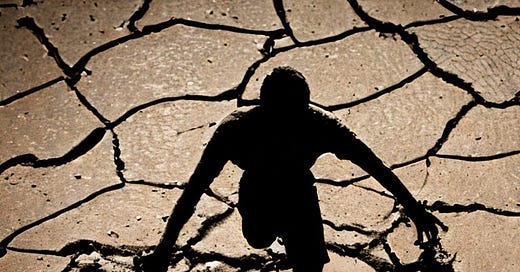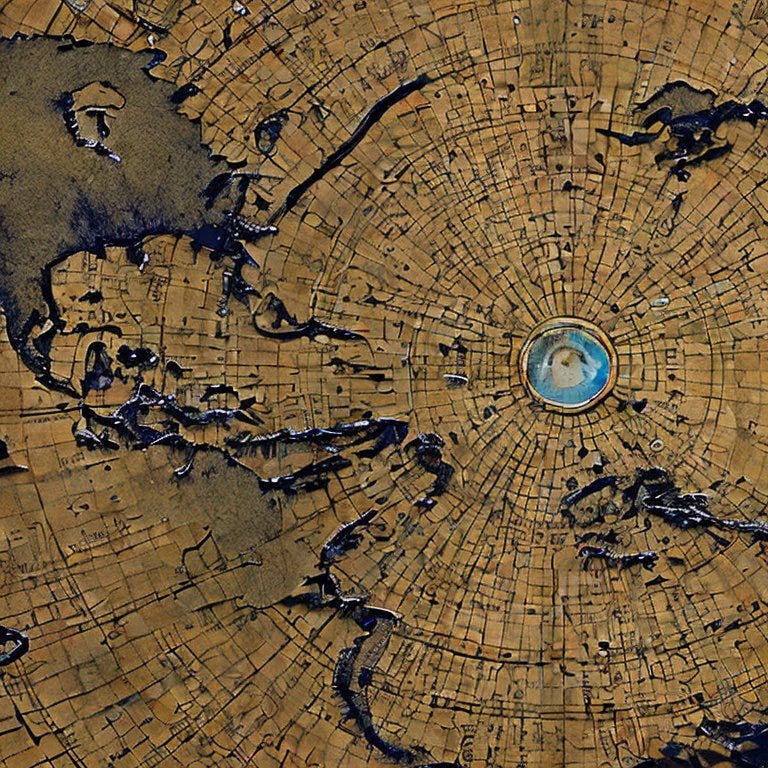On holiday in South Africa for the past two weeks, my sister's daughter asked me what one could do to save the country. I have a ready-made answer. I have thought a lot about this exact question. It is part of the reason I am interested in states, societies and development — and started this newsletter.
But I struggled to say it.
"It's hopeless", I finally managed.
In 2006, writer André P Brink predicted an apocalypse for South Africa. That same year another South African writer, Rian Malan, disagreed about such dramatic talk. Even when he agreed with Brink on South Africa’s demise, Malan did not foresee a sudden denouement like a civil war but rather slow, sad decay.
So far Malan has been proven right. Yet even civil wars don't end countries. Just look at the Congo or Syria. Bloodied and scared zombies, they stumble on.
Unless splintered or invaded by a conquering army, countries cannot die. When they default on loans, they can lose access to foreign credit and reserves, precipitating an economic crisis. But countries cannot even go bankrupt, as many would have you believe. In ever more profound misery, countries keep chugging on.
However, in such circumstances, a country's citizens’ suffering escalates; they live in ever-escalating fear and lose the ability to flourish. Their lives eventually become brutish and short. This reality is not evenly distributed. First, it affects the poor. Eventually, it threatens everyone except the extremely wealthy.
South Africa is living through this process. So far, slowly, though some signs indicate the decay is accelerating.
The crisis in South Africa is cast as a battle over left versus right-wing ideologies. While South Africa certainly can benefit from some market liberalisation in specific sectors, the real danger is the lack of an effective and strong state which guarantees functioning markets — and much besides.
Yet mine is not a left diagnosis; it’s Weberian. The South African problem lies in the realm of culture more than policy. And although culture offers some hope, it is not as fixed a category as race, culture is tremendously hard to change. And rent-seeking parasitic elites have no interest in addressing the problem.
There may be one, but I can't see a likely alternative pathway for the country to stop this tragedy from trudging on.




